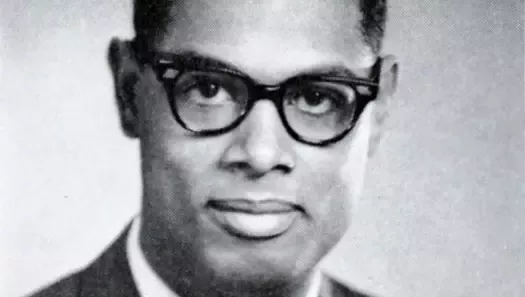Military & Veterans News
Cover Story: Women's History Month Wrapup

To honor Women’s History Month, we want to recognize the significant contributions women have made to the military over the last two centuries. Though women found ways to serve in both the Revolutionary and Civil Wars, it wasn’t until June 1948 that President Harry S. Truman signed the Women's Armed Service Integration Act, allowing women to receive regular permanent status in the armed forces. Today, women make up about 17% of the military and 9.4% of the veteran population.
The female population in the military is growing, and according to the VA, there are 1.9 million living female veterans. The Defense Department's 2022 Demographics Profile of the Military Community shows the number of service members dropped 2.7% over the previous year, while the percentage of women in the military rose slightly. And since 2005, the percentage of active duty military women has increased by 2.9% while the percentage of women in the selected reserve has risen by 4.4%.
Though women served as military nurses for many years prior without rank, 1917 saw the first enlisted woman in the military. On March 19, 1917, Navy Secretary Josephus Daniels determined that women could be enrolled in the U.S. Naval Reserve Force and issued an order authorizing their enlistment. Two days later, 20-year old Loretta P. Walsh joined the Navy 107 years ago this month. She also became the first female chief petty officer. The Philadelphia native served four years and died of tuberculosis at age 29.
Walsh was one of many female “firsts” in the military, with several glass ceiling breakthroughs just in the last few years.
In 2022, the famed Navy flight demonstration squadron, the Blue Angels, selected their first female F/A-18E/F demo pilot. Navy Lt. Amanda Lee (pictured, here) had another first: she participated in the first all-female flyover in 2019 as part of the funeral service for retired Capt. Rosemary Mariner, the first woman to command a naval aviation squadron.
“When I come into the ready room right now, I’m a pilot first, a person second, and my gender really isn’t an issue,” Lee said in a Navy press release.
Marine Corps Colonel Nicole Aunapu Mann also made history that year by becoming the first Native American woman to fly into space. She earned a mechanical engineering degree from the U.S. Naval Academy in 1999 and worked as a test pilot for the F/A - 18 Hornet and Super Hornet aircraft. She was deployed on aircraft carriers twice during American combat operations in Iraq and Afghanistan, according to NASA.
Last year, Navy Admiral Lisa Franchetti became the first woman to lead the U.S. Navy. Her nomination by President Joe Biden marked the first time a woman has been put forward to head a Pentagon military service branch. She was sworn in as the 33rd Chief of Naval Operations in early November 2023.
“One of the things she said is, ‘I learned a long time ago that you do not have to sacrifice your femininity or your gender identity to be a good leader in the Navy. In other words, you don’t have to lower your voice. You don’t have to yell. You don’t have to use bad language. You can just lead. You can be an effective leader by listening to your people, caring for your people, understanding your people, [and] knowing something about your people. That’s leadership, and it has nothing to do with gender,” reported retired Admiral James Foggo.
Just this past December, U.S. Army Sgt. Maciel Hay became the first active-duty female Army sniper. She defied the odds by making it through training while qualifying as an expert with the M4 assault rifle before graduating from airborne school, and later made it through the United States Army Sniper School. Only one other female had ever made it through the training.
“A close friend of mine told me I’d never make it in the Army, and there’s no way I could become a sniper,” Hay told Live at 5 News. “Needless to say, that person is no longer part of my life. But now that I look back at it, I really do appreciate the motivation.”
Gender and diversity barriers continue to be broken down everyday. Next month, Captain Zeita Merchant will become the highest ranking black woman in Coast Guard’s 233-year history as she attains the rank of rear admiral. She will assume the rank during the Coast Guard’s Change of Command exercises in April.
She said, “while this is historic and I will soon be the first African American female to wear a star … what you presented today, it may be for me, but it is not about me.”



